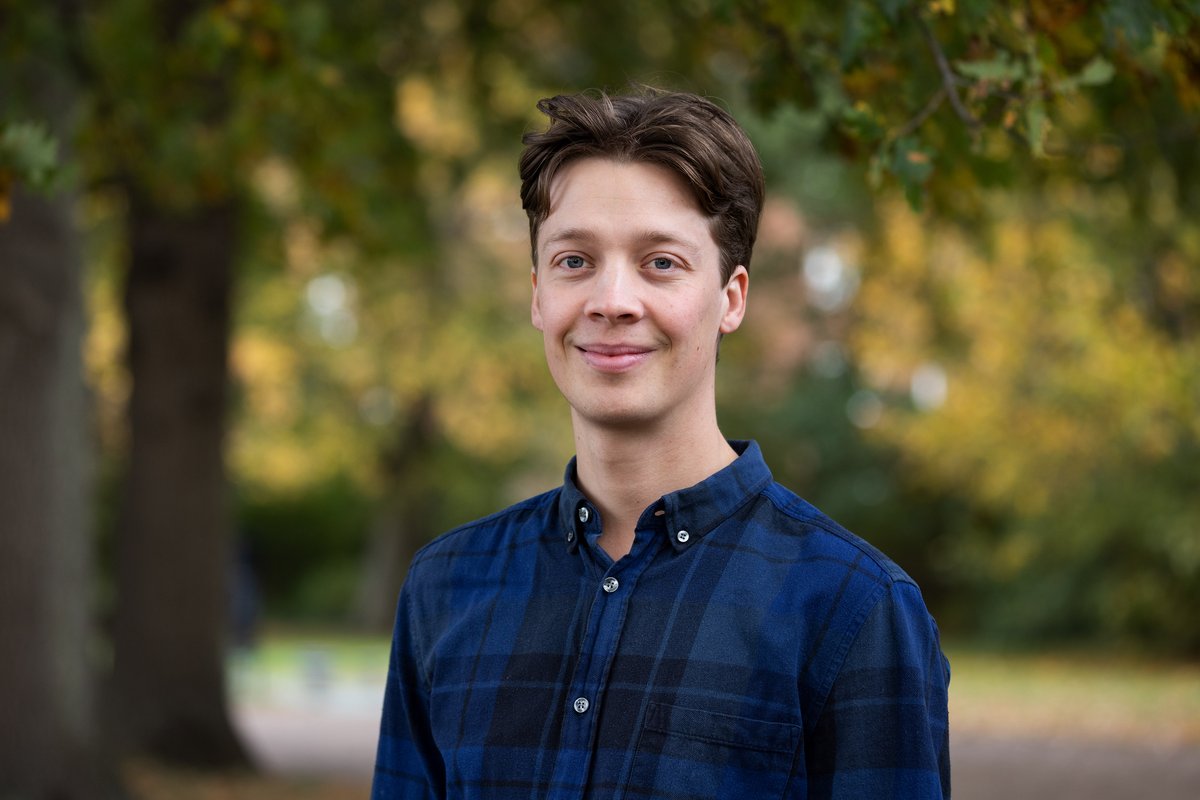Rasmus Reeh - PhD Scholarship 2021
Project summary:
Circadian clock disruption may promote diabetic cardiomyopathy?
Disruption of the biological clock by shiftwork confers risk of both T2D and cardiovascular disease, and in vitro elevated glucose perturbs the circadian clock. These observations raise the intriguing possibility of a vicious circle where clock disruption impairs glycemia and hyperglycemia disrupts the circadian clock, possibly explaining the progressive nature of diabetic cardiovascular complications. Thus, we hypothesize that aggravated cardiomyopathy risk in diabetes is in part due to a vicious pathogenic circle of hyperglycemia and circadian clock dysfunction.
Project Title
Diabetic cardiomyopathy and the circadian clock – epidemiological links and molecular mechanisms
Background
The progressive nature of diabetic cardiovascular complications could possibly be explained by a vicious circle where clock disruption impairs glycemia and hyperglycemia disrupts the circadian clock.
Aim & methods
We aim to perform association studies between irregular work schemes, glycemia and cardiomyopathy in registry cohorts.
We will investigate how high glucose, promoting glycosylation of clock proteins, disrupts cardiac and clock function in cell and animal models.

Rasmus Reeh
- MD
- University of Copenhagen, Department of Biomedical Sciences
Main supervisor:
Professor Thomas Mandrup-Poulsen, MD, DMSc, University of Copenhagen, Department of Biomedical Sciences
Partners:
-
Professor MSO Anne Helene Garde, PhD, The National Research Center of Working Environment
-
Professor Louis Ptáček, MD, Department of Neurology, Weill Institute for Neuroscience, University of California, San Francisco